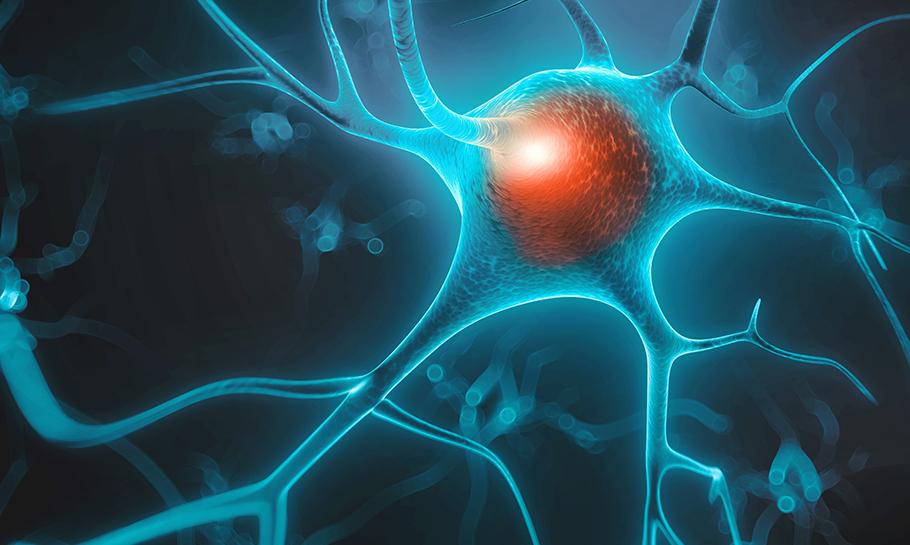Stroke Risk Assessment

A stroke happens when the blood supply to part of your brain becomes reduced. Without oxygen and nutrients, brain cells begin to die. That’s why if you’re having a stroke, you need to call 911 immediately. The sooner you can get help, the better chance you’ll have to reduce brain damage. At SIH, our providers will help you minimize your risk factors to prevent a stroke from happening in the first place.
Here’s a look at some factors that might put you at risk of having a stroke:
- You’re male and older than 55
- You smoke or live with someone who smokes
- Your blood pressure is greater than 140/90
- Your cholesterol total is greater than 200 mg/dl
- Your LDL (bad cholesterol) is greater than 100 mg/dl
- You’re 20 pounds or more overweight
- You’ve had a stroke, TIA or Coronary Artery Disease
- You’re African American
- You have a family history of stroke
- You’re physically inactive (less than 30 minutes of exercise, three times a week)
- You’re diabetic or take medication to control your blood sugar
If any of these risk factors apply to you, there are things you can do today to lower your risk of having a stroke. Let’s take a look:
- Have blood cholesterol checked annually. Your LDL (bad cholesterol) should be below 100 mg/dl.
- Get your blood pressure checked at least every two years. Controlling high blood pressure reduces stroke risk by up to 40 percent.
- Maintain a healthy weight. For most, it’s a lifestyle choice that involves improving your diet and activity levels.
- Be active or exercise at least 20 minutes a day. Increasing exercise to even a moderate level reduces stroke risk by 20 percent.
- Don’t smoke. Quitting smoking will decrease the risk of stroke. In fact, after five years of not smoking, it is no longer considered a risk factor.
- Don’t consume alcohol in excess. If you drink, do so in moderation.